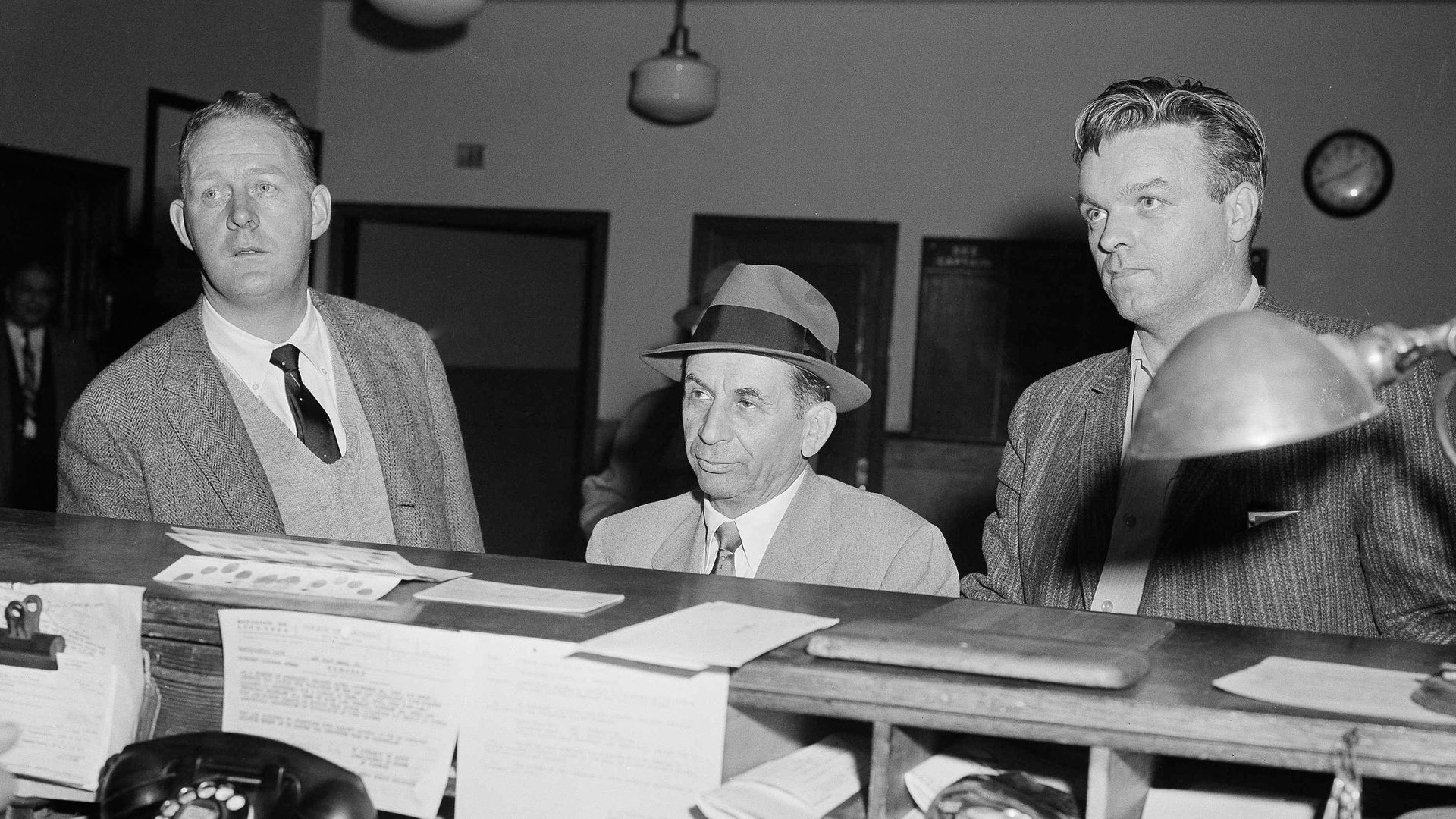Why a gangster’s grandson can give up hopes of a Cuban Christmas present
Friendlier relations between the United States and Cuba promise lucrative payouts for nearly all involved. US businesses are eager to open up a new market, Cuban citizens are eager to see the end of an embargo and the socialism that held them back from prosperity, and even Cuban officials expect to make a buck managing the transition ahead.


Friendlier relations between the United States and Cuba promise lucrative payouts for nearly all involved. US businesses are eager to open up a new market, Cuban citizens are eager to see the end of an embargo and the socialism that held them back from prosperity, and even Cuban officials expect to make a buck managing the transition ahead.
One person who is unlikely to see any riches? Gary Rapoport, the grandson of the infamous gangster Meyer Lansky, who says that his family deserves $8 million in compensation dating back to when Cuba’s new socialist government seized the Riviera, an oceanfront hotel and casino that Lansky opened and the Cuban government still operates.
The US and Cuban governments have begun talks to figure out how they will settle claims on American property was seized after Fidel Castro’s revolution, while Cuba has its own claims of damages due to the US embargo and military invasion of the Bay of Pigs. The US government recognizes $1.9 billion in claims by US individuals and businesses against Cuba, plus simple interest, while Cuba says it is owed more than $120 billion by the US government. Experts are optimistic that a grand bargain could square these claims and move the US to end the embargo.
But the Lansky heirs are likely out of luck, because their ancestor helped screw up the US-Cuban relationship to begin with. Lansky was one of a number of US crime figures who set up operations in Cuba—yes, that Cuba meeting scene in The Godfather Part II really happened—and helped turn the country into a gambling mecca. That involved extensive bribes to the country’s autocratic leader, Fulgencio Batista, who made Lansky his officially salaried “gambling advisor.”
The rampant corruption was an important motivator for the rebels who took down Batista’s government in 1959. The Cuban government, rapprochement or no, is unlikely to agree to pay off one of the major villains in its origin story.
“This takes us back to the early days of the Cuban revolution, when in their initial nationalization laws that allowed for compensation, as we’ve emphasized, there were clauses in there which excluded people who were… ‘participants in or associates of’ the Batista government,” Richard Feinberg, a senior fellow at the Brookings Institution, told reporters earlier this month.
Feinberg has examined the various ways a deal might be reached, and thinks it will be possible to settle US corporate claims—which, at $1.6 billion, make up the bulk of the list—with some combination of tax vouchers or credits, development rights, debt-equity swaps, or long-term government bonds. That would would both settle the debts and provide new investment in Cuba, a win for both sides.
He is skeptical, however, that the US will agree to Cuba’s demands for compensation for damage caused by the embargo. The US government will want to protect its use of economic sanctions as a foreign policy tool. Feinberg expects, though, that any claims settlement will come under a broader agreement that will limit Cuban bitterness over that issue.
Meanwhile, the remaining $230 million in US personal claims against Cuba could be paid out in increments without hurting the government’s cash flow. But even that option won’t really be available to Lansky’s grandson.
“We never filed a claim with the government or hired an attorney earlier because we didn’t think the door for negotiating would ever actually open,” Rapoport told the Florida Sun-Sentinel. “Now it is open.”
Others were more confident that the door would open eventually: 5,911 claims have been certified by the US government since 1964.